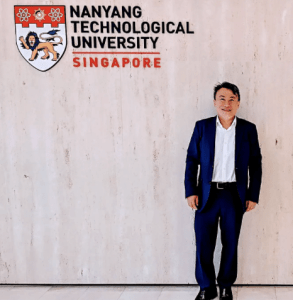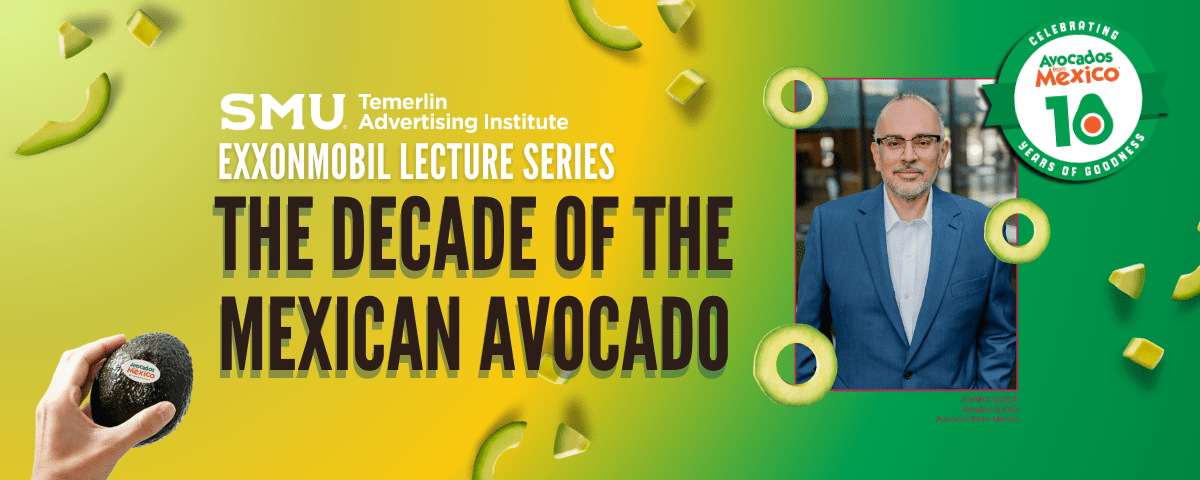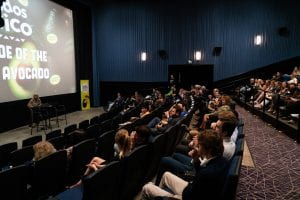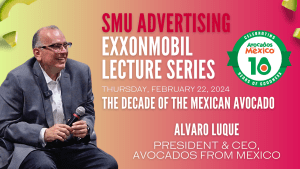
From October 14 to 20, 2024, Dr. Phua took the opportunity to travel to Cluj-Napoca, Romania, for invited talks to the Faculty of Political, Administrative and Communication Sciences (FSPAC) at the Babeș-Bolyai University. With 50,000 students, it is the biggest university in Romania and is regarded as one of the most prominent research institutions in Eastern Europe.
During his visit, Dr. Joe gave talks to undergraduate and MA students in the Department of Communications, Public Relations and Advertising, and was also the keynote speaker for the opening ceremony of the College’s doctoral (Ph.D.) program. The first talk, titled “A Guide to Marketing Your Brand using Social Media and Other Digital Technologies”, discusses the ways in which brands and companies utilize various digital media, including social media, artificial intelligence (A.I.), data analytics, mobile, virtual/augmented reality (VR/AR), the metaverse, and other emerging technologies, for marketing and advertising. He shared with the audience various brand-building strategies that can be utilized to optimize brands’ marketing and advertising plans.
“Advertising for Health: Use of Social Media and Influencer Marketing in Strategic Health Communication Campaigns” was the second talk were he discussed several of his published research studies about how to utilize social media channels and influencers to spread awareness of public health issues, such as vaping, childhood obesity, and vaccines, and encourage attitude and behavioral change. Dr. Joe integrated several of his research studies published in top journals like “Journal of Health Communication”, “Journal of Advertising Research”, “Computers in Human Behavior”, “Telematics and Informatics”, “Journal of Medical Internet Research, “Journal of Health Psychology” and others, highlighting how Internet-based public health interventions and campaigns can be used to encourage healthy behavior uptake among specific target audiences, leading to positive public health outcomes. Additionally, Dr. Phua guided new and current BBU doctoral (Ph.D.) students looking to pursue research in relevant areas of communications, public relations and advertising, about conducting, publishing and funding research, and how to establish their academic careers. He shared insights about life as a professor, based on his own experiences as a faculty member and Endowed Distinguished Chair of the Temerlin Advertising Institute at SMU.
In addition to his invited talks, he met with several of the university’s administrators and faculty members, leading to the future of advertising, and how emerging technologies like AI are shaping the advertising industries in Europe, the United States, and other parts of the world. Additionally, he had meaningful conversations with BBU alumni, some of whom are entrepreneurs in Romania’s burgeoning tech scene, about issues related to the EU’s online data protection regulations and its impact on advertising and marketing industries.
Over the course of his visit, Dr. Joe toured various historical landmarks around the BBU campus in the city of Cluj-Napoca, learned more about Romanian history, and sampled some traditional Romanian cuisine. The visit was made possible through an ERASMUS+ program at BBU, facilitated by one of his research collaborators, Dr. Delia Cristina Balaban, who is the Director of the Ph.D. School of Communication, PR and Advertising at BBU. Dr. Balaban and Dr. Phua are co-authoring research on use of AI and AI-generated content in social media advertising, which will be presented at various academic conferences including the AAA and the ICORIA.
Moving forward, I hope to develop more collaborative opportunities between BBU’s FSPAC and corresponding units at SMU, including the Temerlin Advertising Institute, so our faculty and students will be able to work with BBU personnel on various educational and training exchanges. – Dr. Joe Phua
Follow Dr. Joe Phua’s professional career here.

















